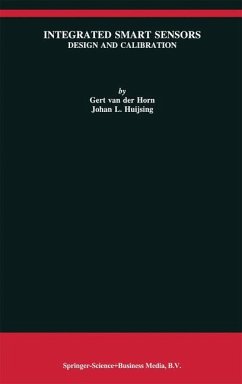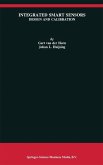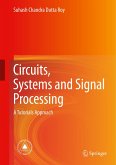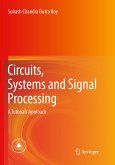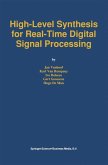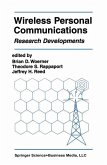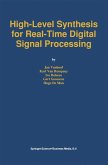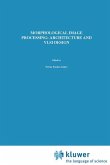1 1. 1 Introduction The (signal processing and storage) capacity ofthe human brain enables us to become powerful autonomous beings, but only if our brains operate in conjunction with (at least some of) our senses and muscles. Using these organs, we can interact with our environment, learn to adapt, and improve important aspects of our life. Similarly, the signal processing capabilities of modern electronics (computers) could be combined with electronic sensors and actuators to enable interaction with, and adaptation to, the (non-electrical) environment. This willlead to smarter and more powerful automated tools and machines. To facilitate and stimulate such a development, easy-to-use low-cost sensors are needed. The combination of electronic interface functions and a sensor in an integrated smart sensor, that provides a standard, digital, and bus-compatible output, would simplify the connection of sensors to standard electronic signal processors (microcontrollers, computers, etc.). Currently, the calibration procedure, required for standardization of the sensor output signal level, contributes largely to the production costs of accurate sensors. To enable automation of the calibration procedure, and hence reduce the sensor fabrication costs, a digital calibrationjunction should be included in the smart sensor. INTEGRATED SMART SENSORS: Design and Calibration Introduction 1. 2 Sensors and actuators In industry many processes are electronically controlled. As depicted in Fig.
`Each chapter ... is well organized, containing a brief introduction, analysis of the main theme, conclusion and literature reference, a good starting point for further study. ... the book represents a well-written source for fundamental concepts and methods in the area of integrated smart sensors design and prepares the reader for further reading of the literature associated with this subject. This is an important book. I recommend it.' Microelectronics Journal, 29 (1998)
`Each chapter ... is well organized, containing a brief introduction, analysis of the main theme, conclusion and literature reference, a good starting point for further study. ... the book represents a well-written source for fundamental concepts and methods in the area of integrated smart sensors design and prepares the reader for further reading of the literature associated with this subject. This is an important book. I recommend it.'
Microelectronics Journal, 29 (1998)
Microelectronics Journal, 29 (1998)

